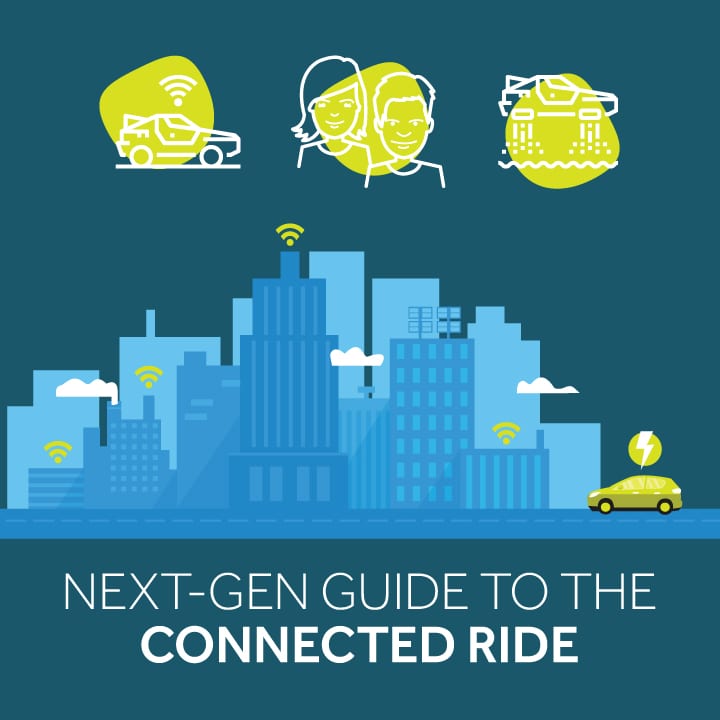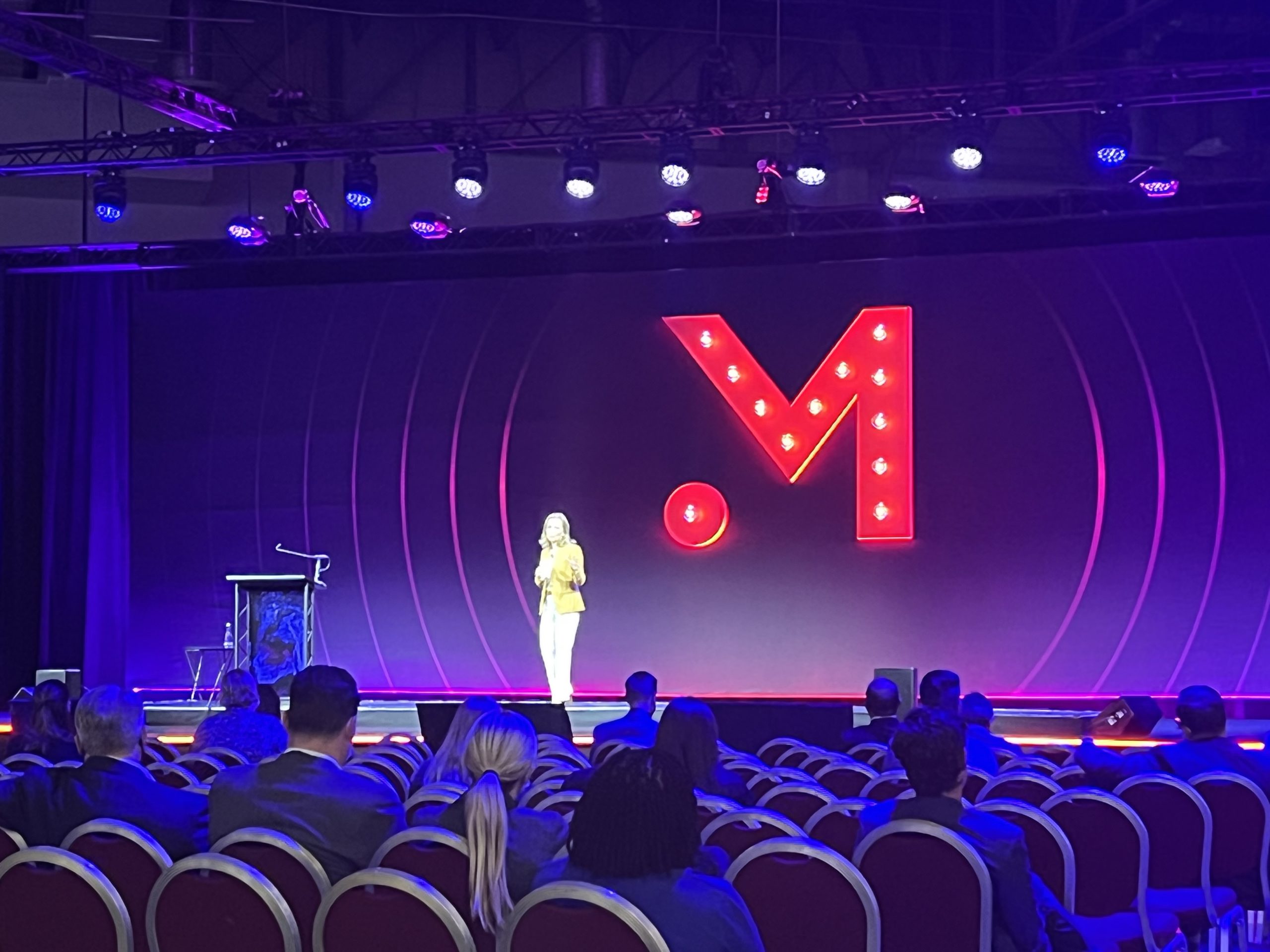 As communicators, our job is to understand where our audience is starting its journey. Our communications plan acts as a strategic roadmap, clearly lighting the path from point A to point B.
As communicators, our job is to understand where our audience is starting its journey. Our communications plan acts as a strategic roadmap, clearly lighting the path from point A to point B.
That was the genesis of Ketchum’s Next-Gen Guide to the Connected Ride, a study of close to 1,000 16- to 24-year olds’ views on the future of transportation.
What we learned ran somewhat counter to the received wisdom about the upcoming generation of drivers and car buyers. Far from suggesting that the shared economy might make car ownership obsolete, we found that the GenZennial micro-generation fully expects to make car ownership a part of their lives. In fact, more than 90% either already own a car or plan to buy one.
They also share a passion for physically being in control behind the wheel, associating driving with independence, freedom and fun.
But it’s not all smooth sailing for an industry that has invested heavily in future transportation technologies. More are worried (39 percent) than excited (29 percent) about self-driving cars, and less than one in four (23 percent) see themselves buying one in the future.
While the data may suggest that young people are pumping the brakes on an autonomous future, it also revealed some important signposts to help the automotive and technology industries understand how best to engage.
Trust is vital.
Experiences hold more weight than explanations, and everything must be proven over time. Only once young people feel secure that new technology can play a positive role in their lives will they begin to embrace adoption.
Safety will be an effective door opener.
We heard concerns about viruses, hacks or other malfunctions; and even in a traditional car, safety was a close tie with price as a top decision factor (74 percent vs 75 percent.) Allaying cyber fears should be the number one priority, followed closely by encouraging a better understanding of features promoting driver safety.
Leverage the appeal of independence.
This generation has inherited an emotional association between cars, freedom and control, and the desire for independence will resonate as strongly as it did with young people of past generations.
As with any generational analysis, the topline numbers belie the nuances, even contradictions, from sub-segments within the range. Our cluster analysis helped define four distinct personas within the broad age group, from the most futuristic technophiles to the most cautious traditionalists. The data is designed to give marketers and technologists clear sign posts to help them better understand how, where and when to engage.
So yes, what we learned does suggest a change in how we talk about the future of transportation. But it’s more a subtle gear shift than a sharp U-turn.



